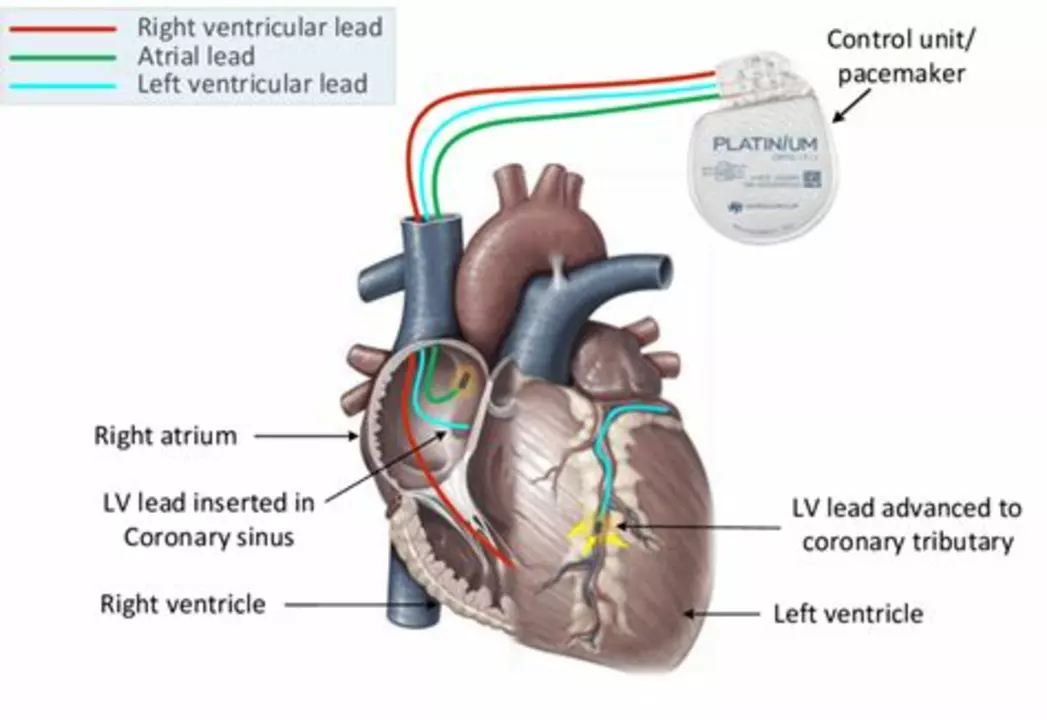Importance of Accurate Medication Information
Wrong or missing medication facts can cause real harm — from useless treatment to dangerous drug interactions. You probably know someone who got confused about a dose or an online order. This page explains why clear, correct medicine info matters and gives plain, useful steps you can use right away.
Why it matters
Medications work when you use them the right way. Take antibiotics like Phexin (cephalexin) or Zithromax (azithromycin): the correct dose and full course stop infections and lower resistance. Stop early or take the wrong amount and the bacteria can survive. For drugs such as Flomax (tamsulosin) or statins, side effects can affect daily life — lightheadedness, sleep changes, or muscle aches — and you need to know what to watch for.
Buying online adds another layer. Sites selling steroids or prescription drugs without proper checks can send counterfeit or unsafe products. Learning how to spot trustworthy pharmacies protects your health and your money.
Practical checks you can do now
1) Read the label and patient leaflet. The label shows dosage, frequency, and common side effects. Leaflets list interactions — for example, some antidepressants or heart meds change how other drugs work.
2) Check interactions before mixing meds. Use a reliable interaction checker or ask a pharmacist. Even supplements like glycine can change how you feel or sleep when combined with other treatments.
3) Verify online pharmacies. Look for a physical address, verified payment methods, clear contact info, and requirement for a prescription when appropriate. If a pharmacy sells prescription-only drugs with no prescription, walk away.
4) Watch for side effects and report them. Keep a simple log: drug name, dose, when you took it, and any new symptoms. Tell your prescriber or pharmacist if something changes — insomnia, dizziness, or severe reactions need attention fast.
5) Store and discard safely. Keep meds in their original container, away from heat and moisture. Check expiration dates. Dispose of unused medicines at a take-back site rather than trashing them.
6) Talk to a real person. Telehealth and pharmacists are valuable. If an article or ad promises a miracle fix, ask a clinician if it fits your health profile before trying it — especially for mental health meds or treatments for chronic conditions.
Want examples? Read our guides on Phexin (cephalexin), managing statin-related sleep issues, safe Valtrex purchases, or how to spot risky steroid shops online. Each piece shows practical checks you can apply to your own meds.
Knowing how to verify information, check interactions, and use medicines safely makes treatment work better and lowers risk. Keep this page as a quick checklist and share it with anyone who handles medicines for themselves or loved ones.

The Importance of Patient Education in Managing Left Ventricular Dysfunction
As a blogger, I cannot emphasize enough the importance of patient education in managing left ventricular dysfunction. Educating patients helps them understand their condition better and empowers them to take an active role in managing their health. It's crucial for patients to know how to recognize symptoms and when to seek medical help. Furthermore, understanding the benefits of prescribed medications and lifestyle changes can significantly improve adherence to treatment plans. Ultimately, informed patients are more likely to achieve better health outcomes, reducing the burden on healthcare systems.
